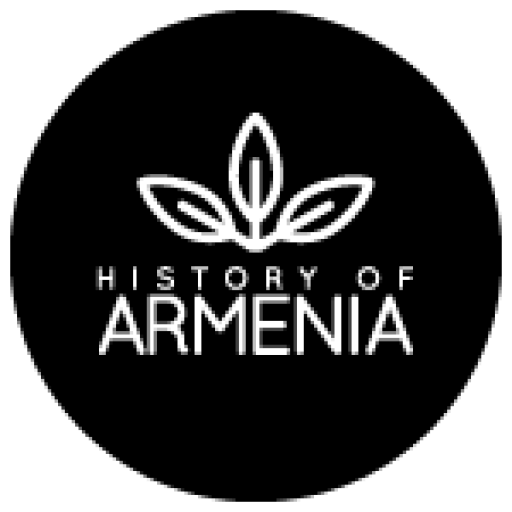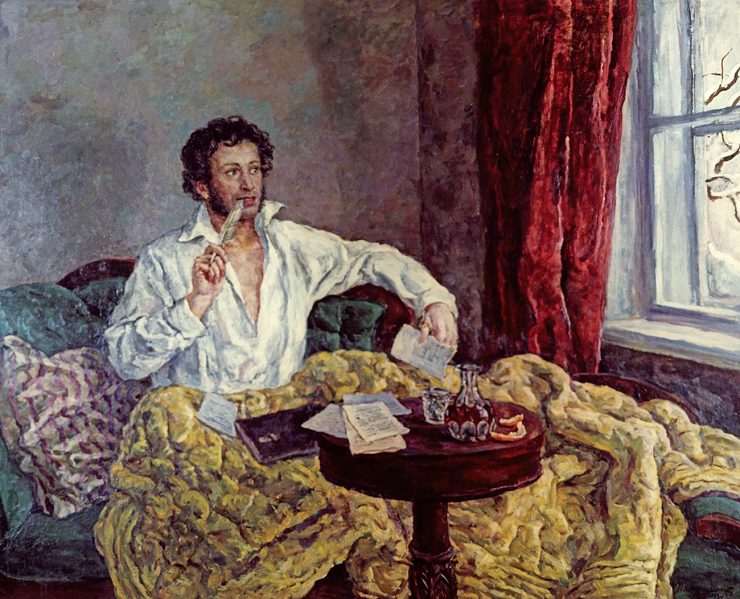Two reasons mainly. One, he did not have the lavash.
The second reason needs more explaining, but first, you might wonder, who is this Alexander Pushkin fellow? Well, Alexander Sergeyevich Pushkin was a Russian poet, playwright, and novelist of the Romantic era who is considered by many to be the greatest Russian poet and the founder of modern Russian literature.
So on that note, we have missed the boat on this one, since Alexander Pushkin might have given Armenia it’s most famous lavash quotation if he had ever gotten a chance to taste it. Instead, he had purnit also called krkeni, an ancient bread even older than lavash.
A primitive forerunner of modern Armenian breads, it is a bread cooked, not baked, in wood ashes, a low tech and fuel-efficient method which is all but lost today.
More than a century ago, Armenian peasants from Kars treated Pushkin to this ash-bread. Little did they know that their Armenian-looking, curly-haired guest sitting by the cooking fire would become the most famous Russian poet of all time.
Apparently, the Armenians failed to tell Pushkin that he needed to slap the bread to rid it of its clinging ashes. The poor Russian probably tasted as much soot as he did bread. Pushkin was so disgusted that, in his diary, Voyage to Arzum, he cursed the “Goddamn half-dough and half-ash Armenian bread”, and he left a famous exclamation for posterity: “I would give everything for a piece of black Russian bread.”
His quote about Russian bread became a catchphrase in recent Russian marketing campaigns promoting baked goods. Had the Kars peasants but known that their small act of hospitality would have such far-reaching consequences, they might have treated Pushkin with a big tasty brdooch instead.

